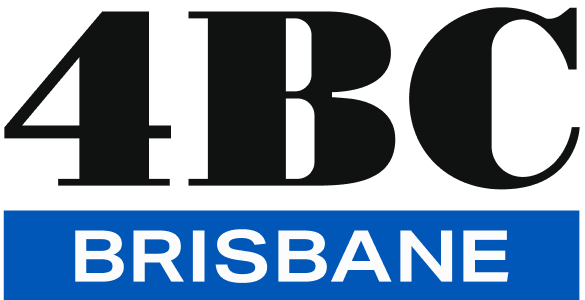Revolutionary treatment for patients with severe OCD
People often joke about “OCD” or Obsessive Compulsive Disorder, but, it can be a seriously debilitating condition.
OCD is a mental health condition that affects close to 3% of Australians.
People who suffer from OCD experience recurring unwanted thoughts, images or impulses, as well as obsessive actions and repetitive rituals, which can cause other mental illnesses such as anxiety or depression. And although sufferers are usually aware that their symptoms are irrational and/or excessive, the thoughts are uncontrollable, and the compulsions irresistible.
The condition can significantly impact a person’s life, and while treatable, there are severe cases that are resistant to treatment.
The Queensland Brain Institute may have found the key though – through a treatment known as “Deep Brain Stimulation”, which has been successful in treating other conditions such as Parkinson’s Disease.
Electrical pulses are delivered to specific brain cells, to decrease symptoms.
QBI has been trialing the procedure on sufferers of severe OCD and so far, the results are promising.
Leading neurosurgeon Professor Peter Silburn tells John, they’ll show patients something like a messy room,and observe how their brain reacts, helping them to target specific areas of the brain.
“You can actually see the brain thinking…our job is to decode the signal.”














